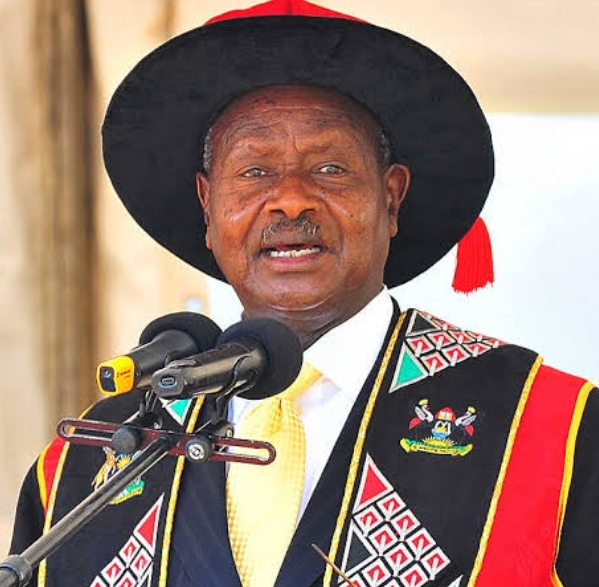By Patrick Kachope Ateenyi
On January 14, 2025, at the 75th Makerere University graduation ceremony, amid the celebratory chaos of caps, gowns, and ululations, an understated announcement was made that could quietly redefine the course of Uganda’s higher education. President Yoweri Museveni, through the University Chancellor, directed that Political Economy be introduced as a compulsory subject across all academic disciplines.
While guests were preoccupied with celebrations, few grasped the profound implications of this directive a move poised to dismantle the fragmented colonial-era education model and usher in a transformative era of critical thinking, patriotism, and interdisciplinary learning.
The silence that followed in national discourse was deafening. As a lecturer of Political Economy at the Institute of Security and Strategic Studies, I felt compelled to ask: Have we understood what was handed to us? Or are we letting an education revolution slip through unnoticed?
The Missing Link in Our Education System
Political Economy is not merely the study of politics and economics. It is the scientific exploration of the laws governing societal development. It examines how human labor interacts with nature to satisfy basic needs, driving advances in science, technology, and governance.
Our current university curricula, shaped largely by external funders and colonial legacies, separate students into rigid “arts” and “science” silos. As a result, medical students, engineers, economists, and sociologists graduate with little understanding of how their fields intertwine. They become brilliant specialists in isolation, but often fail to see the bigger national and global dynamics at play.
Political Economy challenges this fragmentation. It teaches that no discipline operates in a vacuum. Medicine, agriculture, security, and even architecture are shaped by political and economic forces. A future doctor must understand how politics affects healthcare delivery; an engineer must grasp how economic policies impact infrastructure projects.
A Mindset Revolution, Not Just a Curriculum Change
Military institutions in Uganda have long embedded Political Economy into their training to create mindset transformers-individuals who understand that mastery over nature and resources is key to societal power and sovereignty. Civilian institutions, however, largely focus on external global structures, inadvertently producing graduates more aligned with serving foreign interests than advancing African development.
By integrating Political Economy into all disciplines, Uganda can empower students to question global systems critically, reject neo-colonial dependency, and innovate solutions tailored to our unique challenges.
Imagine a Uganda where every graduate, regardless of field, understands the forces shaping their nation’s destiny and feels personally responsible for its advancement. That is the future Political Economy promises.
The Beginning of a New Intellectual Awakening
This presidential directive offers a once-in-a-generation opportunity to recalibrate Uganda’s education system from one that simply fills jobs to one that builds nation transformers. But to achieve this, it demands urgent, deliberate action from universities, policymakers, and the public.
The question is: will we seize this opportunity?
In the next installment, we explore how Political Economy can specifically transform Uganda’s graduates into critical thinkers, patriotic citizens, and problem-solvers who will drive Africa’s renaissance.
To be continued
The Author lectures Political Economy at the Institute of Security and Strategic Studies, Entebbe.















